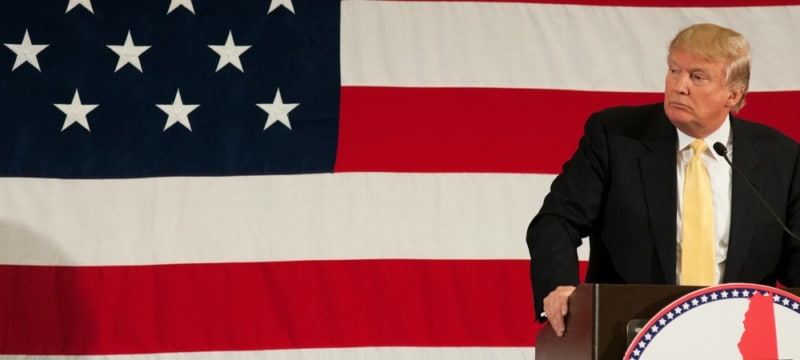I received this email from a long-time reader of my nationally-syndicated column, which she reads in the Columbus dispatch every Sunday. I think it’s a question a lot of readers have, so I’m answering it here.
Q: I have a question for you. Since Donald Trump won the election and became president-elect, I hear a lot of talk about a blind trust and why Donald Trump won’t use one. What is a blind trust?
A: A blind trust is a financial arrangement where someone who is going into public office, like the Presidency or another public office, wants to shield himself or herself from the possibility a conflict of interest, and hands over the financial management of assets to a third party. The word “blind” refers to the owner of the assets not having any visibility into the management of the trust’s assets, so that the public officer holder won’t make decisions that would somehow benefit the assets (and, by extension, himself or herself.)
Blind trusts have been used extensively by those who have become President, because decisions that are made in the oval office can be so extensive and have far-reaching consequences. If you’re always thinking about your business while trying to govern 325,000,000 people, you might make decisions that some would argue are better for your business than for the American people. The President must always seem to put the American people first, and his or her own business interests second. Or, not at all.
How would a blind trust affect a real estate developer and business owner like Donald Trump? If you have businesses or real estate in other countries, as Trump does, then governments in those countries might try to curry favor with President Trump by giving sweetheart deals or perhaps giving Trump’s business entities choice pieces of land that would not otherwise be available. Those governments might make Trump’s business partners exempt from taxes, or other governmental regulations. Those pieces of land or exemptions could be worth billions of dollars to the Trump family, and then the American people might question whether decisions made by the office of the President or one of the Cabinet Secretaries he has appointed are also making decisions based on gifts rather than on solid policy.
Past presidents have found it easier to simply put all assets into a blind trust and let someone else manage it while they’ve occupied the White House. Donald Trump believes that instead of using a blind trust, he can hand over management to his family. The trouble there is that he speaks to his family about his business all the time, and would be aware of what they’re doing and perhaps even the decisions they’re making. Just having knowledge could present a conflict of interest.
The only option would be to sell all of Trump’s holdings, including real estate, his ownership interest in the companies, etc., but that also presents a problem in that there are just a few days until Trump takes office. Real estate generally takes time to sell, and large parcels of real estate, such as Trump Tower, in Manhattan, might take a very long time to sell to the right buyer.
In short, a blind trust sounds like a great idea, and it has worked beautifully for past presidents. But perhaps not for the incoming President Trump.
Ilyce Glink is an award-winning, nationally-syndicated columnist, author of 13 books, and a radio talk show host. She is also the publisher of ThinkGlink.com.







Why didn’t the article discuss the Legal requirements. I am under the understanding that the President does Not need to do anything, ergo Trump could retain control of all of his properties and other assets.
Dave,
We’re working on getting some answers on the legal front. Last night, something interesting happened. The Office of Government Ethics tweeted at Donald Trump (@realdonaldtrump) “We told your counsel we’d sing your praises if you divested, we meant it.” The second tweet says even more: “This divestiture does what handing over control could never have done.”
This is, as far as anyone has been able to tell, unprecedented communication from the Office of Government Ethics.